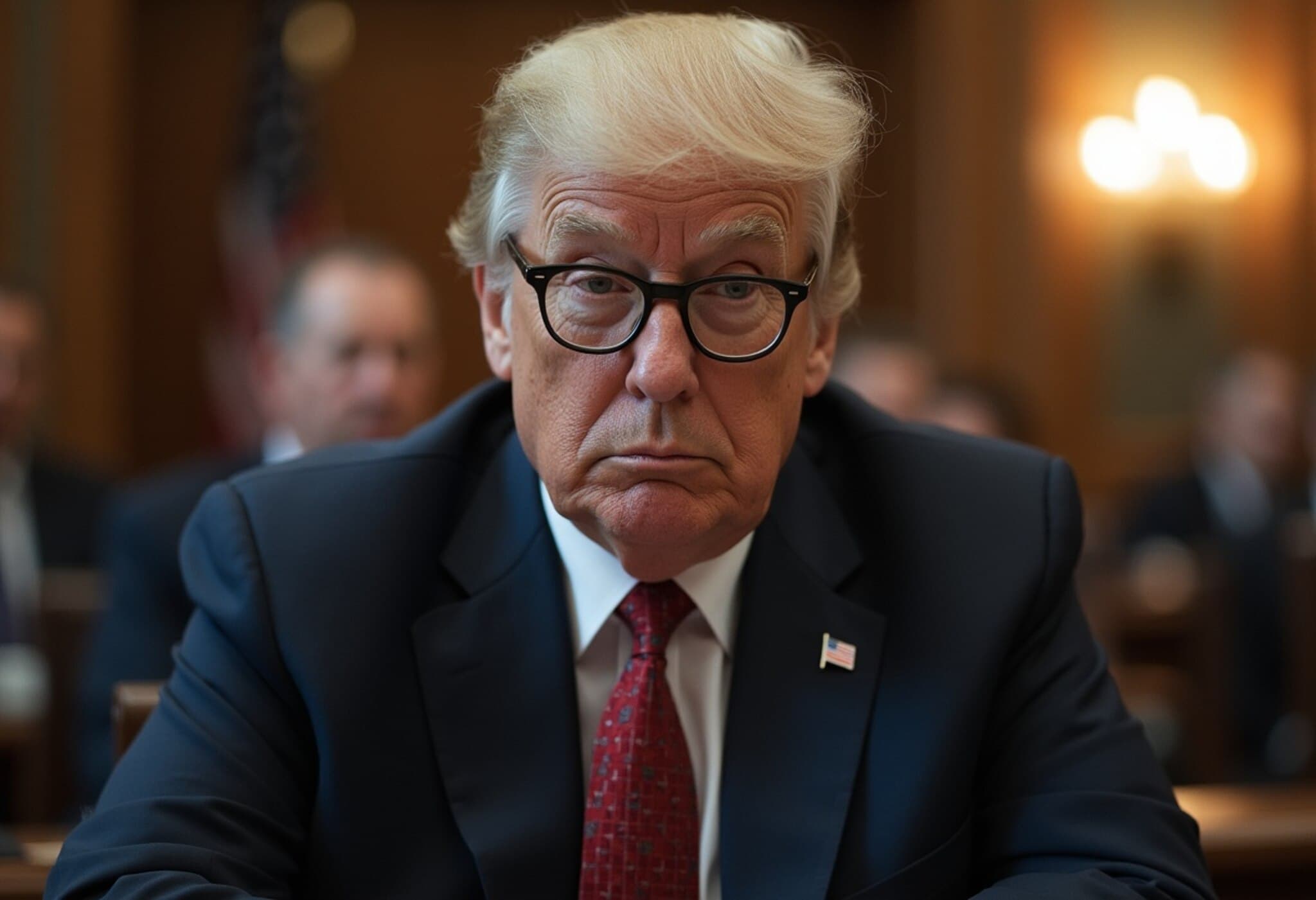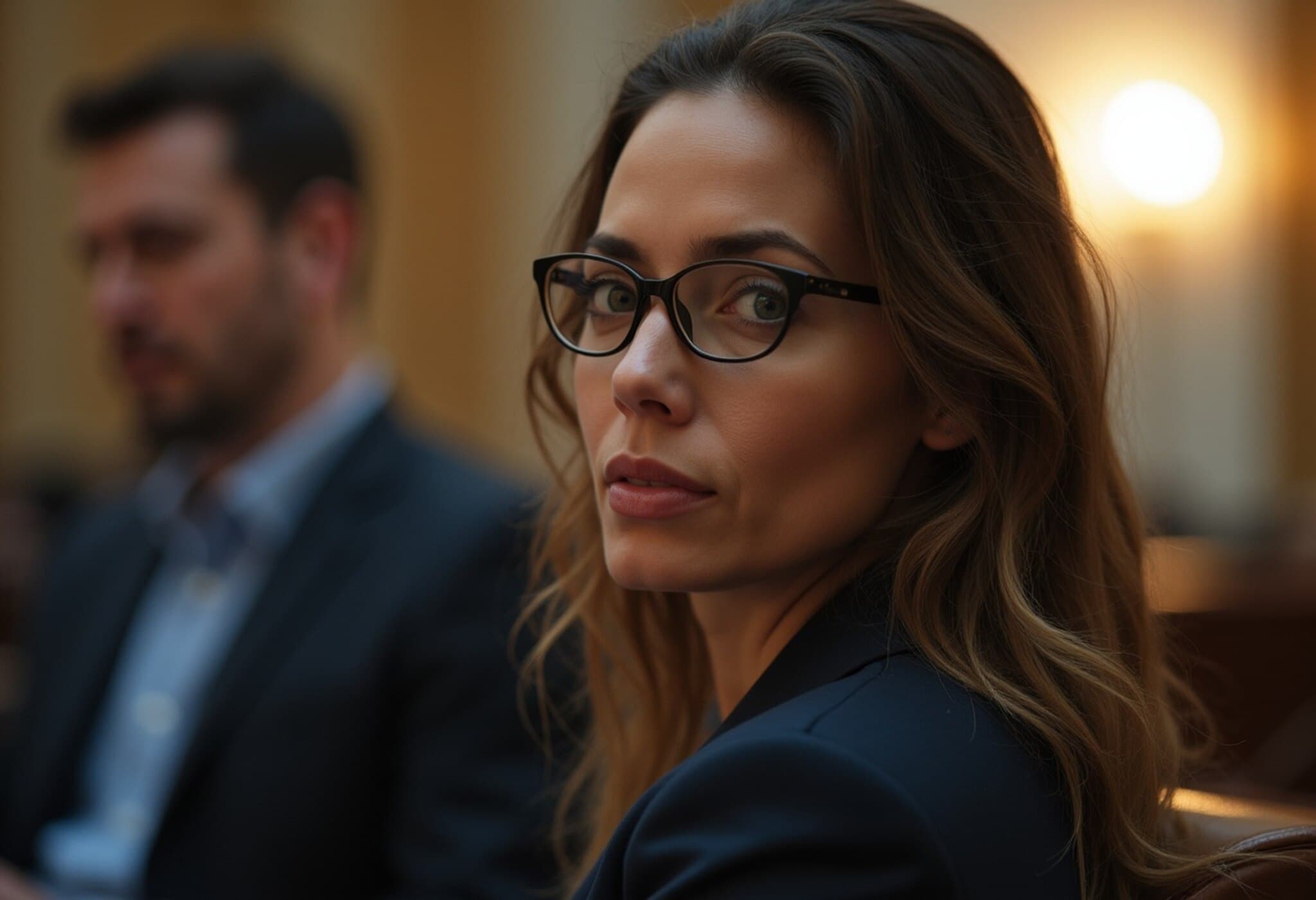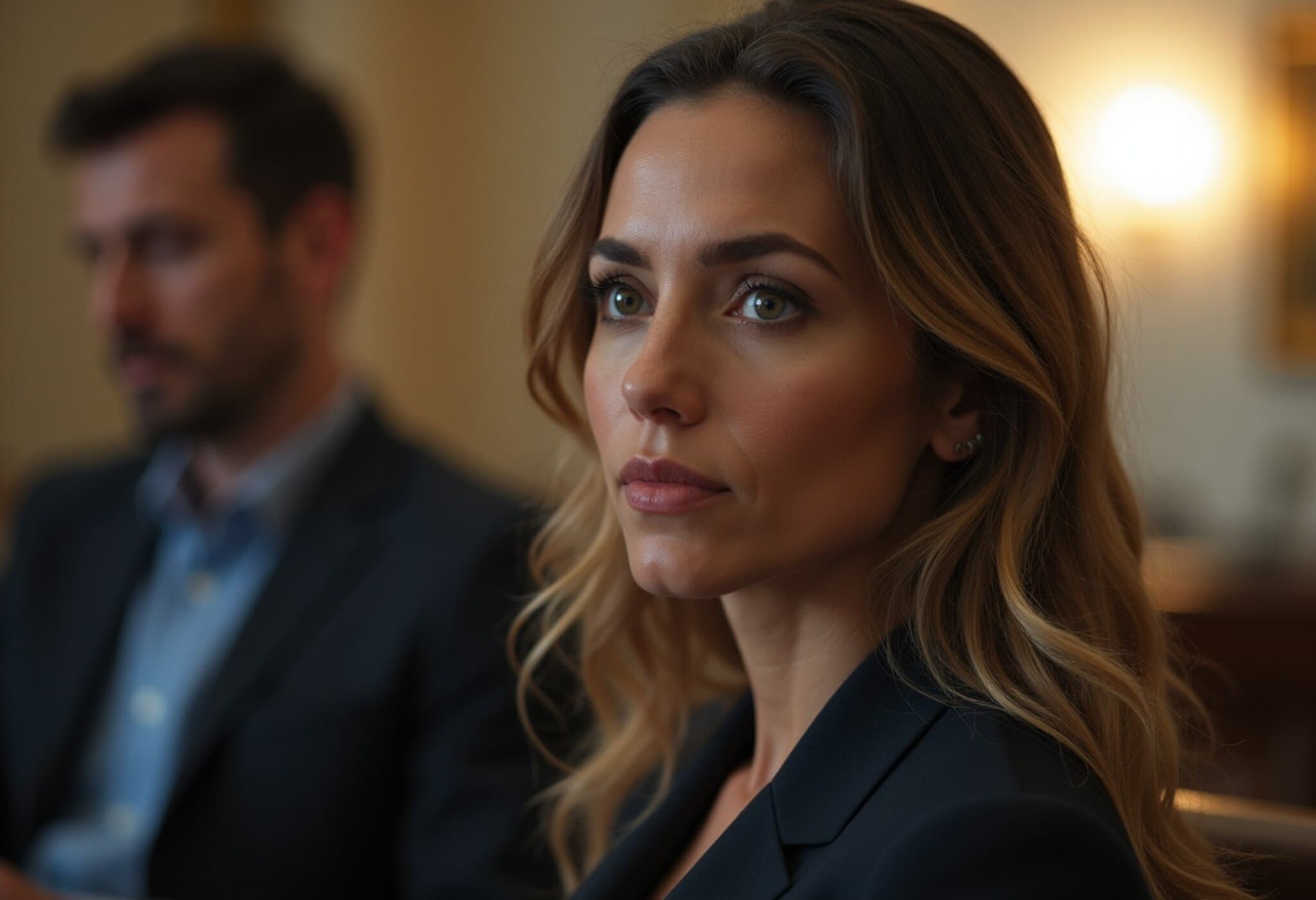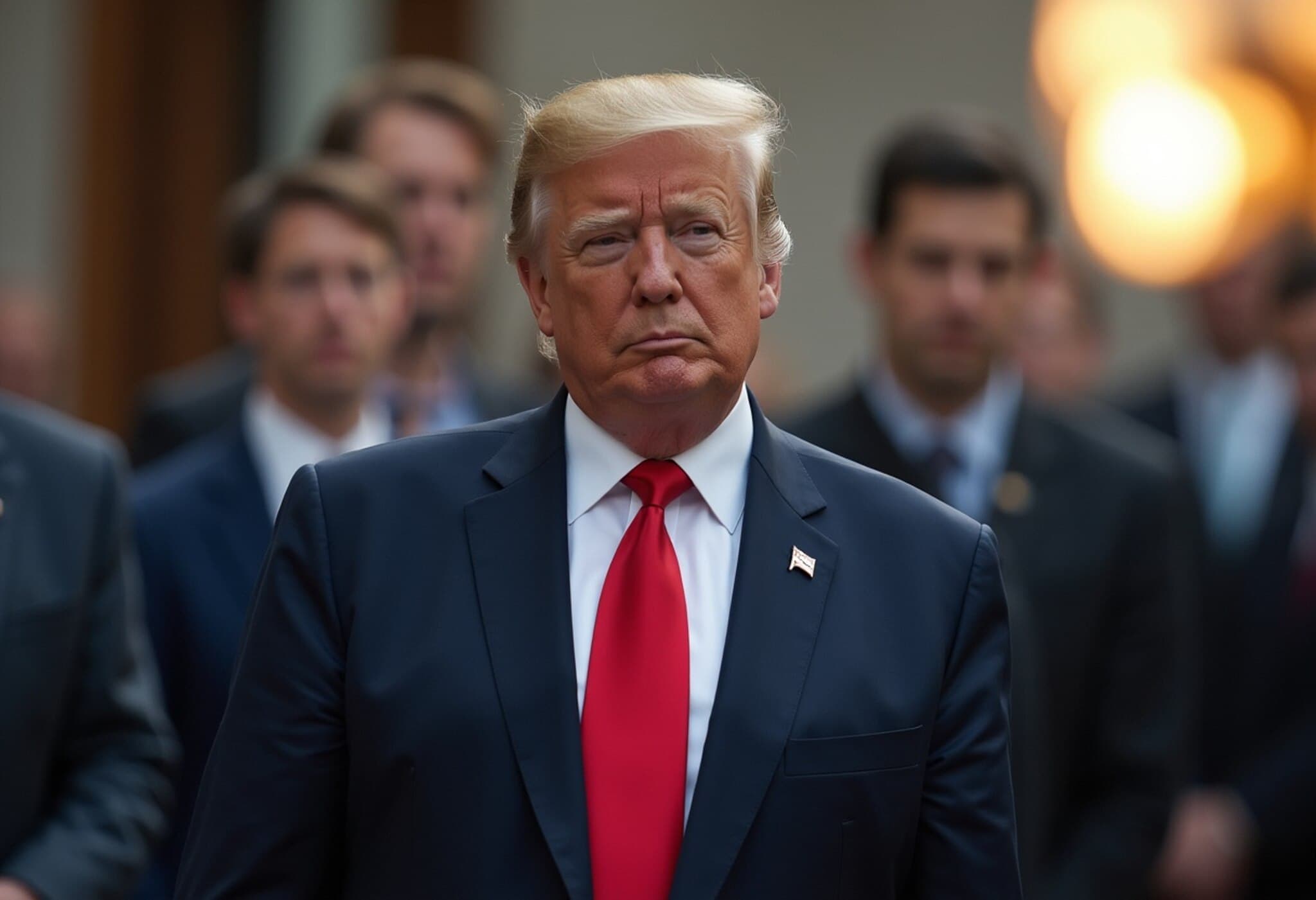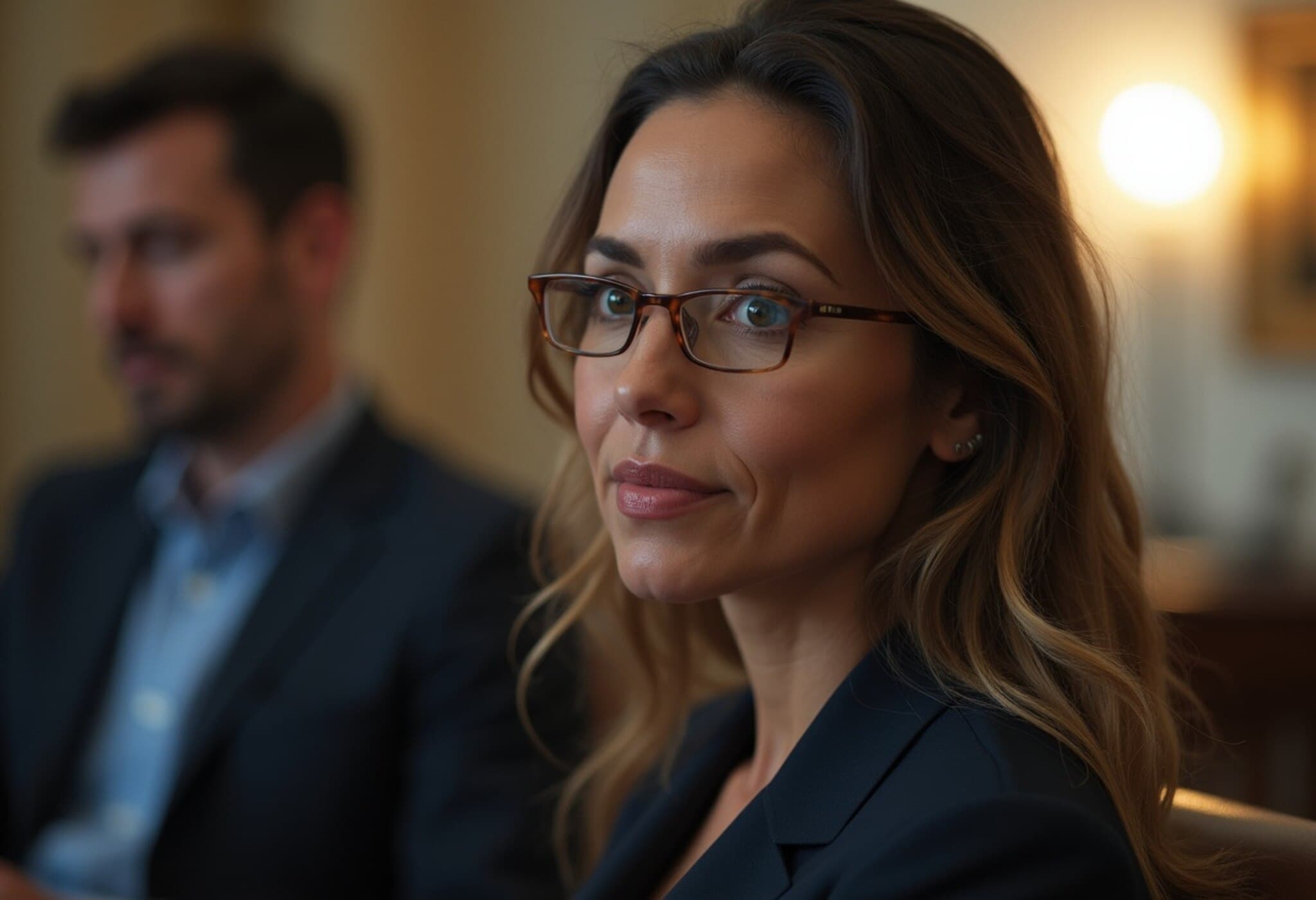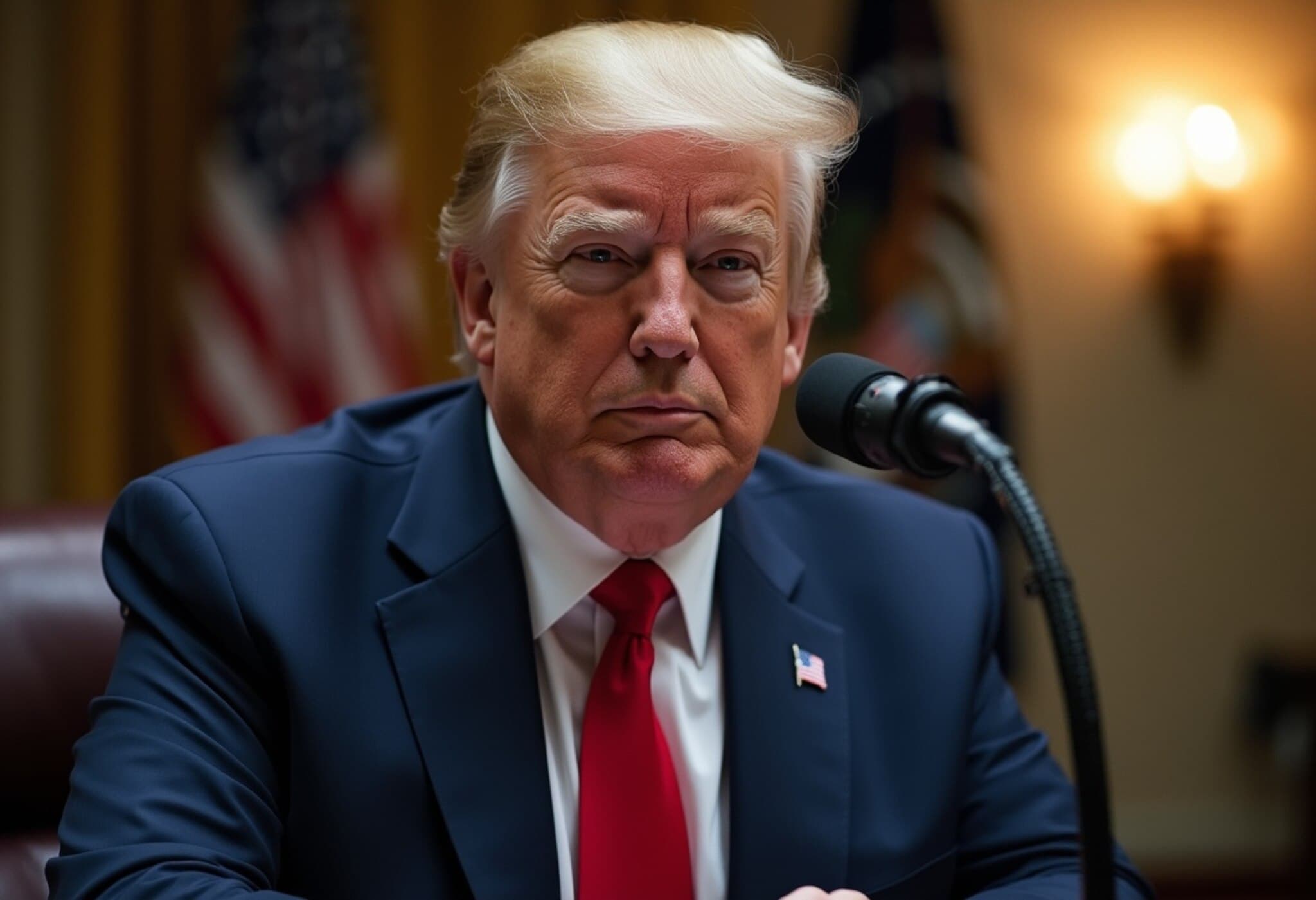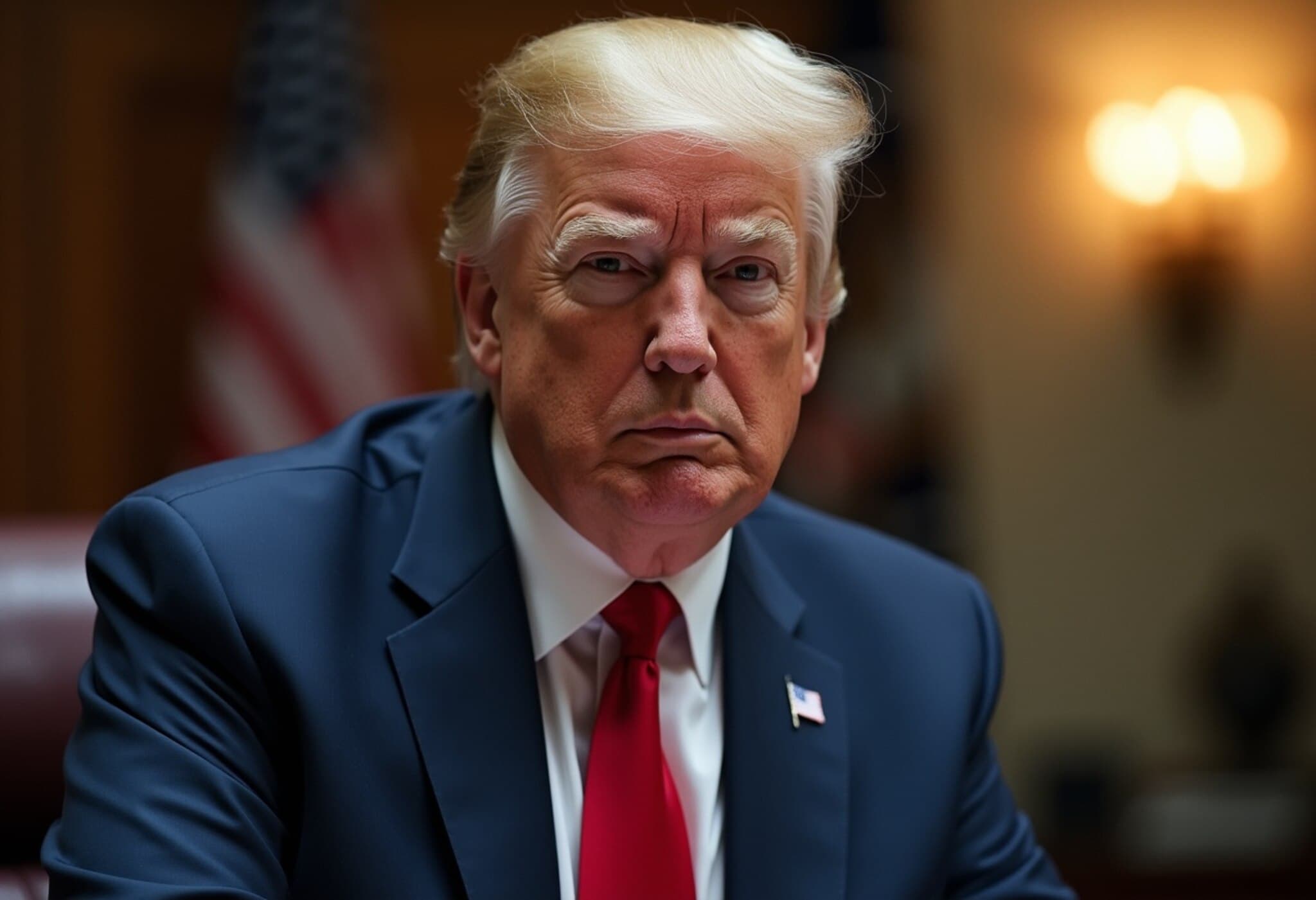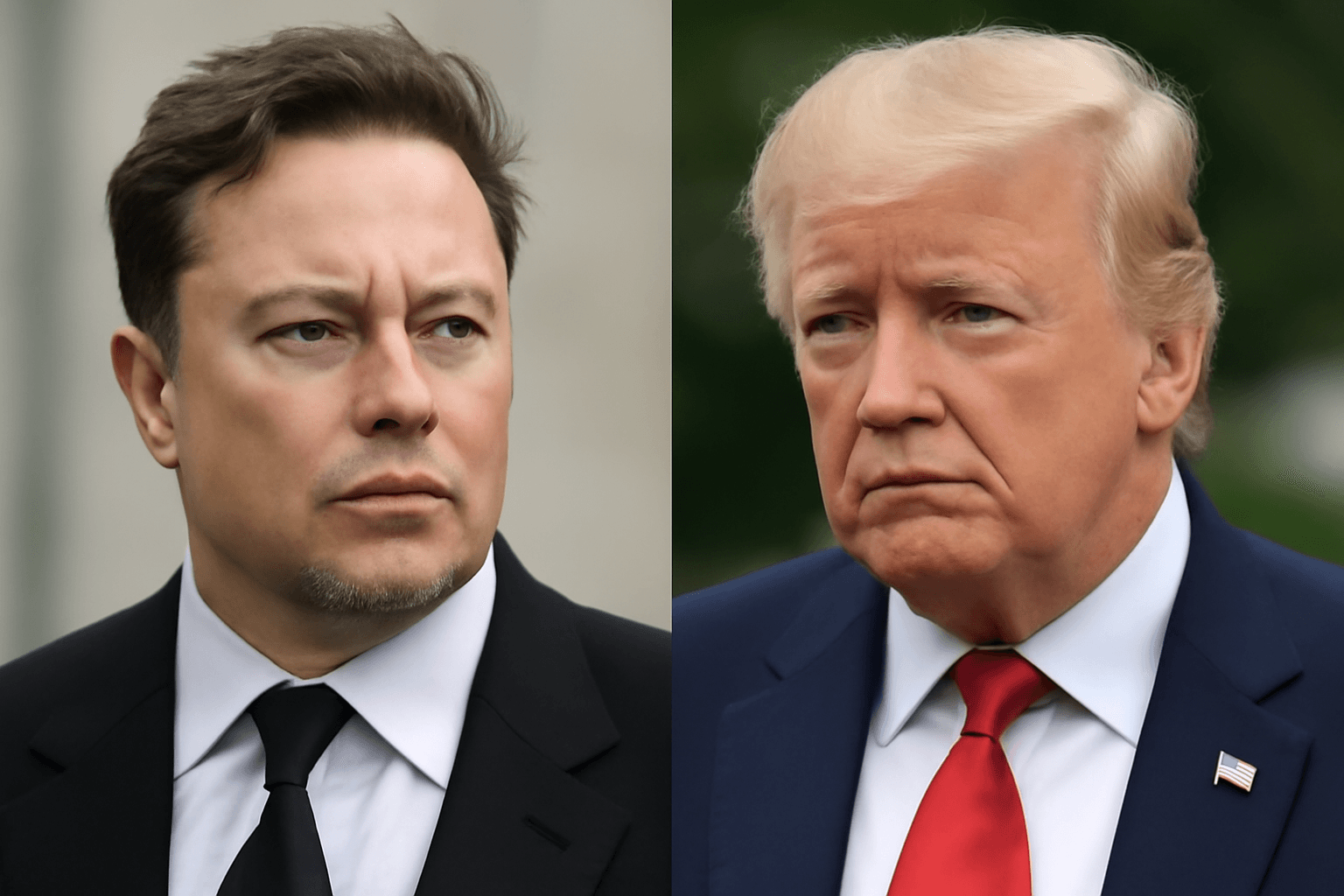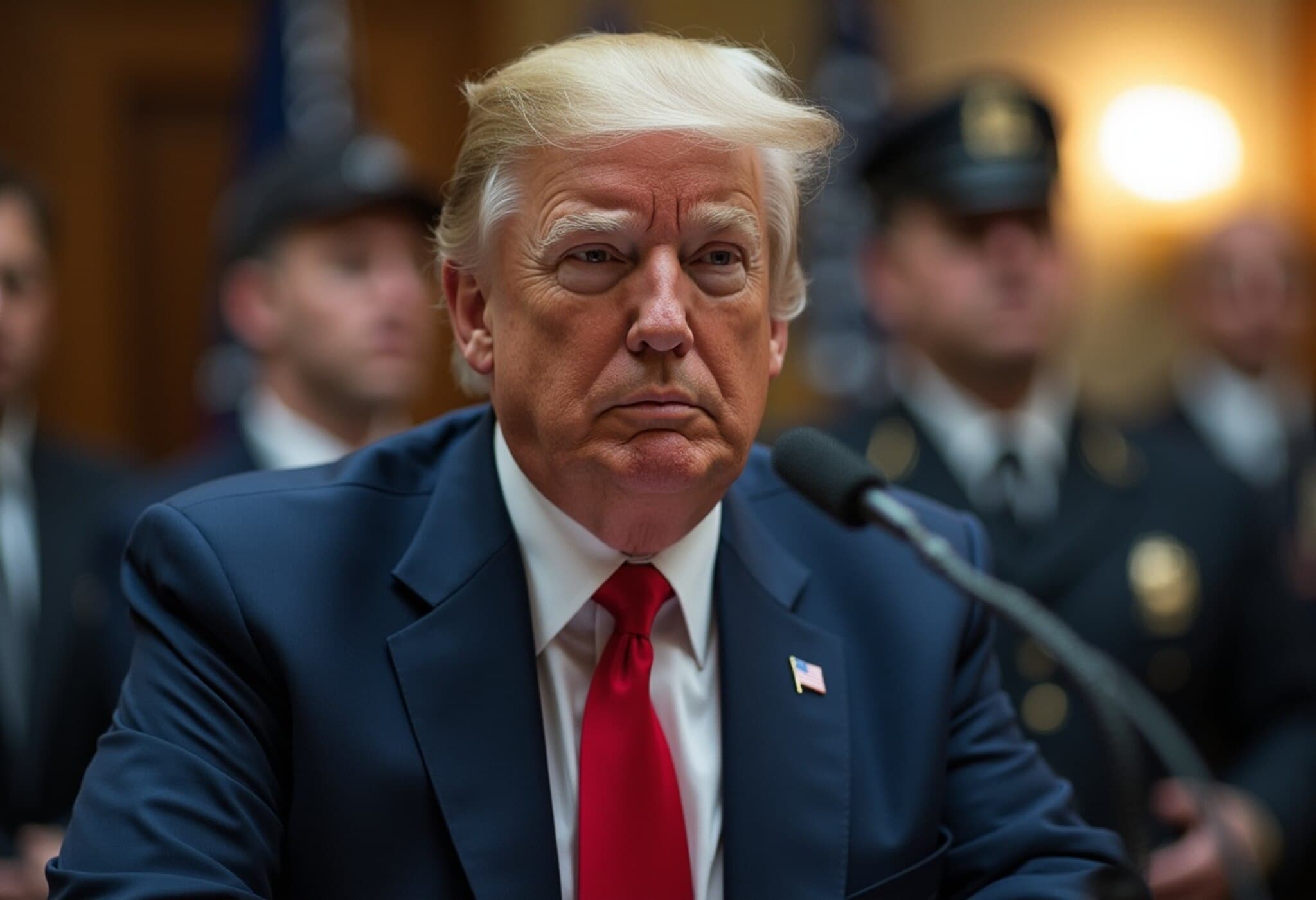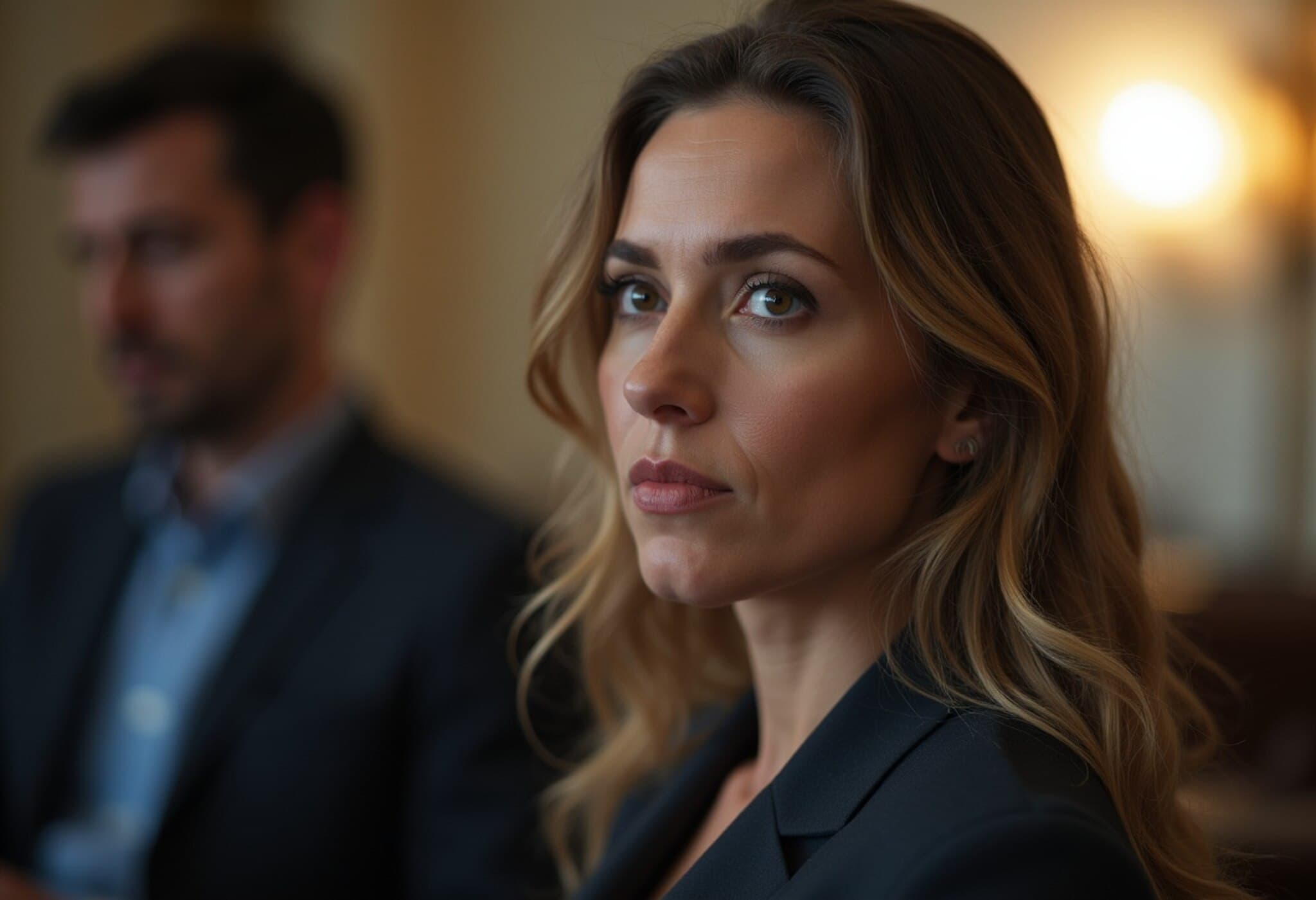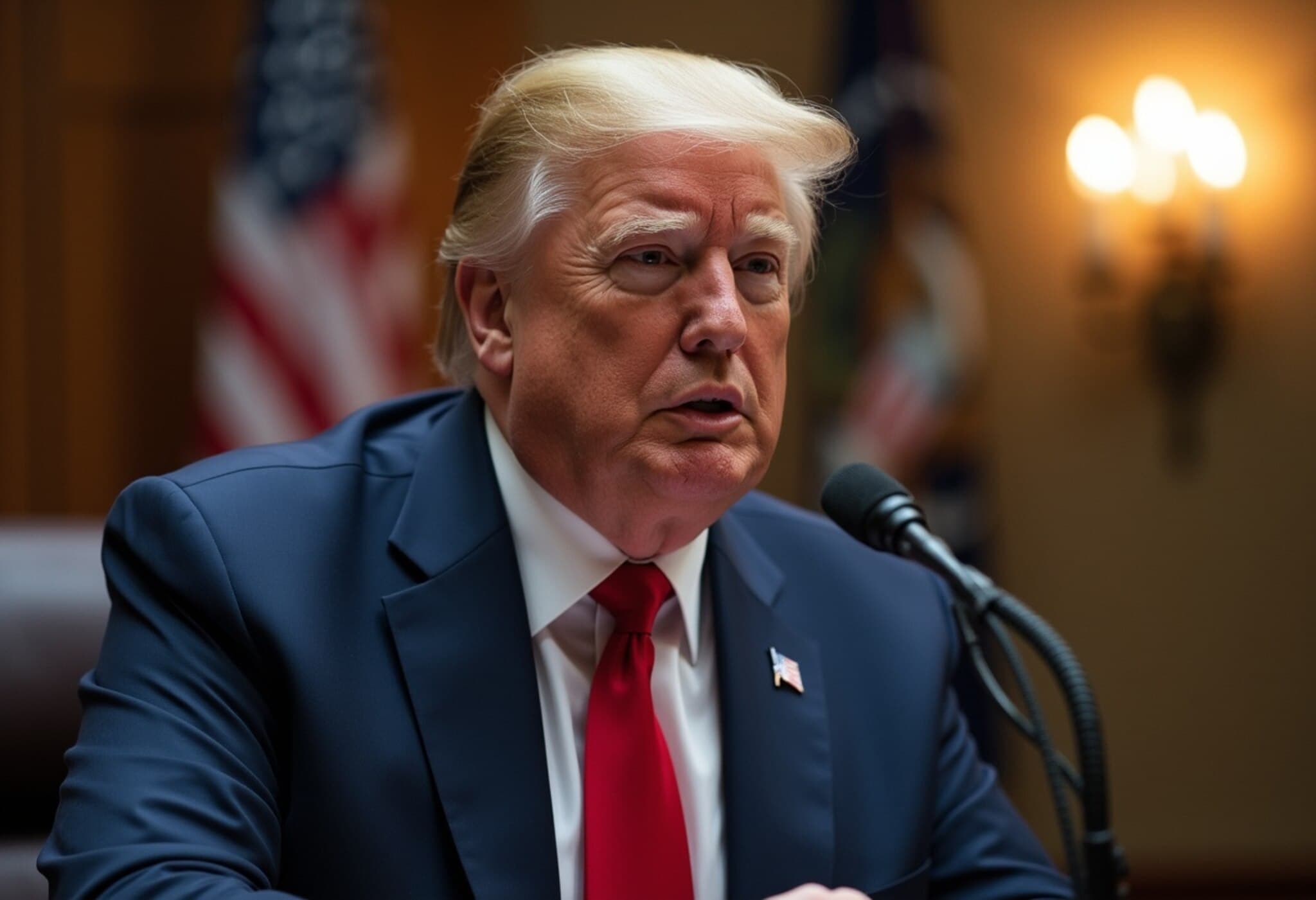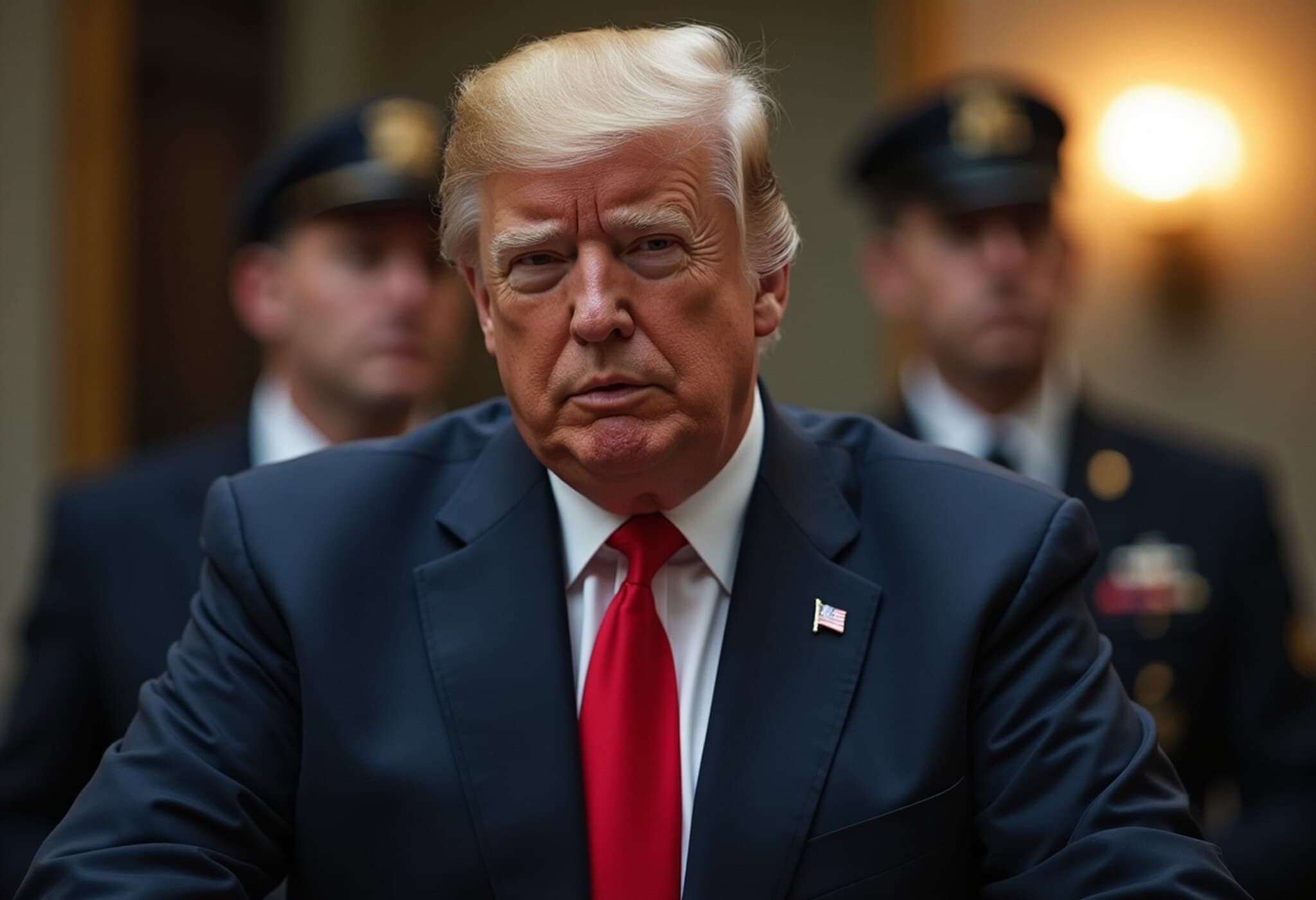Federal Judge Denies DOJ Request to Unseal Epstein Grand Jury Transcripts
In a significant legal decision this week, US District Judge Robin Rosenberg of Florida rejected the Justice Department’s attempt to release grand jury transcripts from the 2007 federal investigation into Jeffrey Epstein’s sex trafficking activities. This ruling underscores the entrenched legal protections around grand jury secrecy, drawing a clear line on the limits of governmental disclosure in high-profile criminal probes.
Background: The 2007 Epstein Case and Controversial Plea Deal
Jeffrey Epstein’s 2007 sex trafficking investigation concluded with a plea deal that has long been criticized for its leniency. Epstein pleaded guilty to state prostitution charges and served just 13 months in a Florida jail—a sentence starkly out of proportion to the federal offenses he faced. Critics argue this deal allowed Epstein to evade full accountability, sparking calls for transparency about what transpired behind closed doors during the investigation.
The grand jury transcripts at the heart of the DOJ’s current request originate from the Miami US attorney’s office, which led the initial 2005–2007 federal inquiry. Released records could offer vital context on prosecutorial decisions and potential oversights during the case’s early stages.
Judge Rosenberg’s Ruling: The Legal Impasse of Grand Jury Secrecy
Despite political pressures and public interest, Judge Rosenberg firmly stated that the law under the Eleventh Circuit does not provide exceptions to unseal grand jury proceedings in this situation. Notably, the judge highlighted the government’s acknowledgment that “the court’s hands are tied,” emphasizing the judiciary’s obligation to adhere to strict legal boundaries safeguarding grand jury confidentiality.
This ruling reflects a broader tension in American jurisprudence: balancing the need for transparency in justice with protecting the integrity of grand jury processes designed to remain secret to ensure candid testimony and fair proceedings.
Political and Legal Ramifications Amid Renewed DOJ Review
The decision emerges amid renewed scrutiny of Epstein’s case following the Justice Department’s recent review, which concluded earlier this month without reopening the investigation. This outcome drew criticism from various political quarters, including allies of former President Donald Trump, who have pushed aggressively for greater transparency in Epstein-related matters.
Moreover, similar DOJ efforts seek to unseal related grand jury records in Manhattan concerning later indictments of Epstein and his associate Ghislaine Maxwell, adding layers to an evolving legal saga that continues to captivate national attention.
Expert Perspective: Why Grand Jury Secrecy Matters—and Its Limits
Legal experts note that grand jury secrecy serves critical functions: it protects witnesses from retaliation, encourages full disclosure, and shields innocent parties from unfounded allegations. However, this veil of secrecy can sometimes impede public accountability, especially in cases with profound societal impact like Epstein’s sex trafficking network.
Some civil rights advocates argue that exceptions should be considered when nondisclosure conflicts with public interest in transparency and justice, particularly in cases revealing systemic failures or prosecutorial misconduct. The legal challenges will continue as stakeholders debate when and how grand jury records should be accessible.
Looking Ahead: The Unfolding Epstein Legal Narrative
Judge Rosenberg’s ruling does not signal the end of efforts to bring Epstein's full story to light. Instead, it highlights the complex hurdles inherent in America's judicial system regarding transparency. Continued legal battles and potential legislative responses may shape how such sensitive information is handled in future high-profile cases.
For policymakers and the public alike, this case serves as a reminder of the delicate balance between transparent justice and legal safeguards designed to protect the fairness and effectiveness of criminal prosecutions.
Editor’s Note
The refusal to unseal key grand jury documents relating to the Epstein probe underscores a critical judicial boundary—one that protects individual rights but may also obscure systemic accountability. As public interest endures, these tensions raise essential questions: How can the justice system evolve to transparently address crimes of this magnitude without compromising foundational legal protections? This ongoing debate will be central to restoring public trust in prosecutorial integrity.

